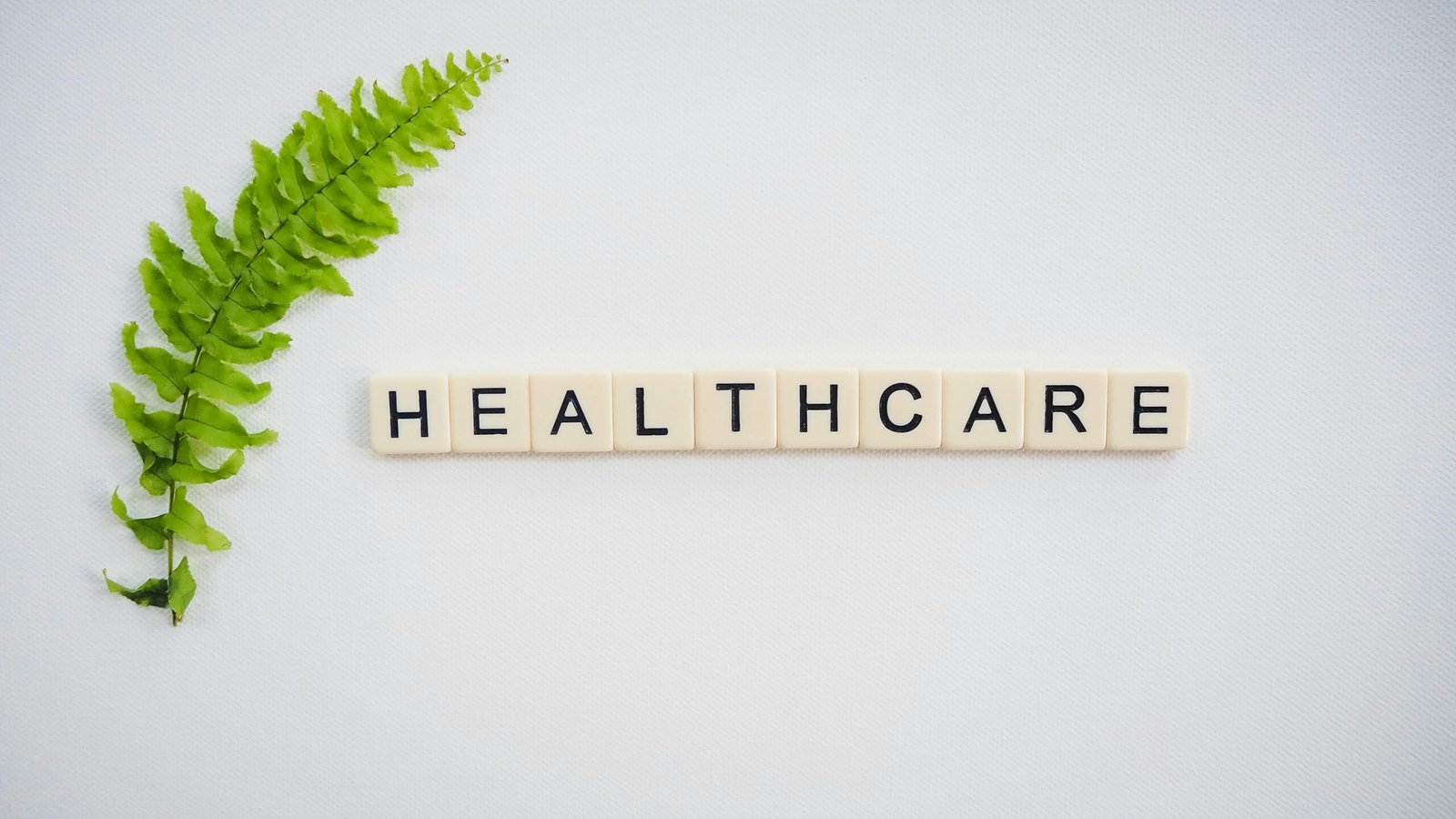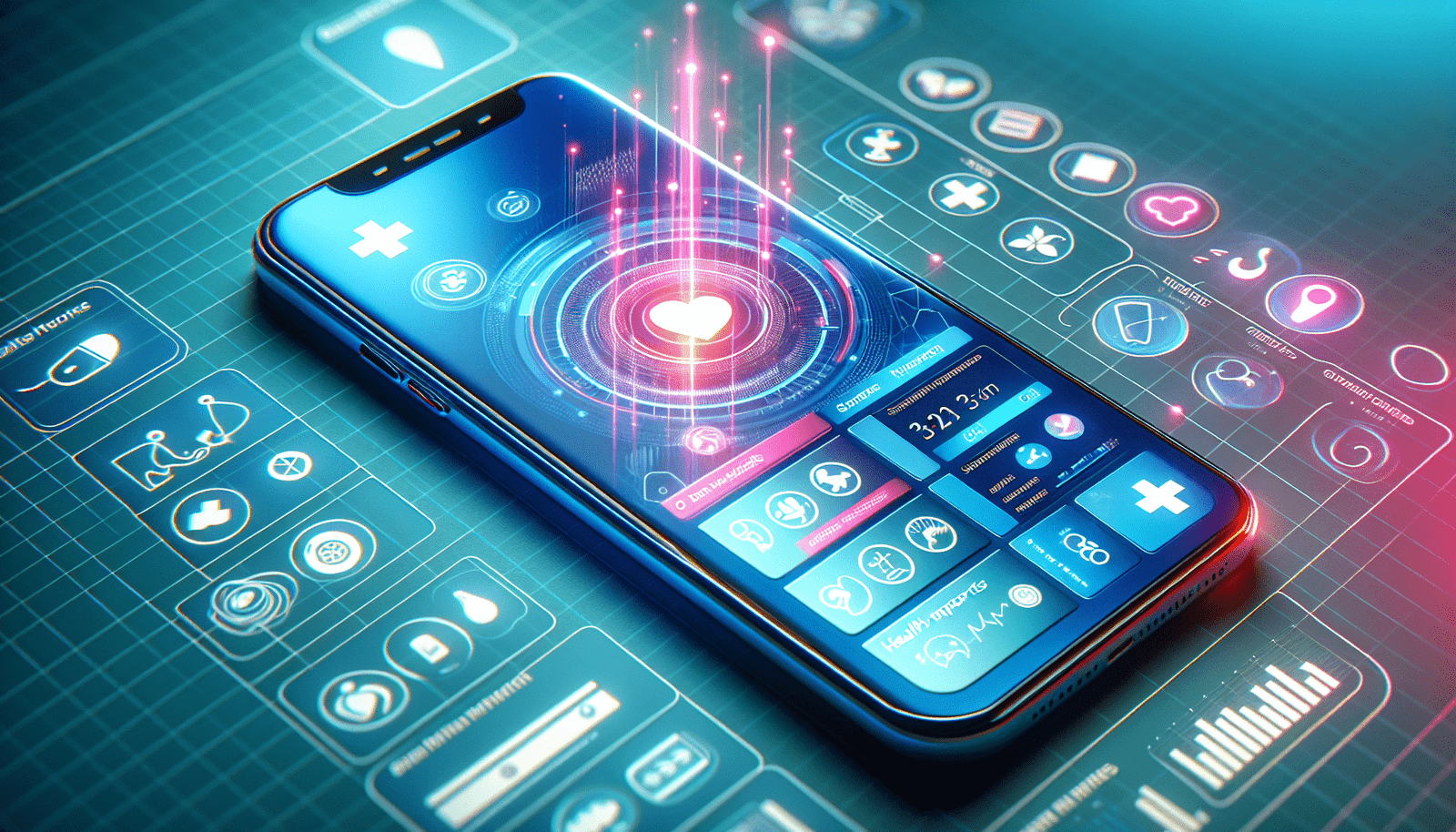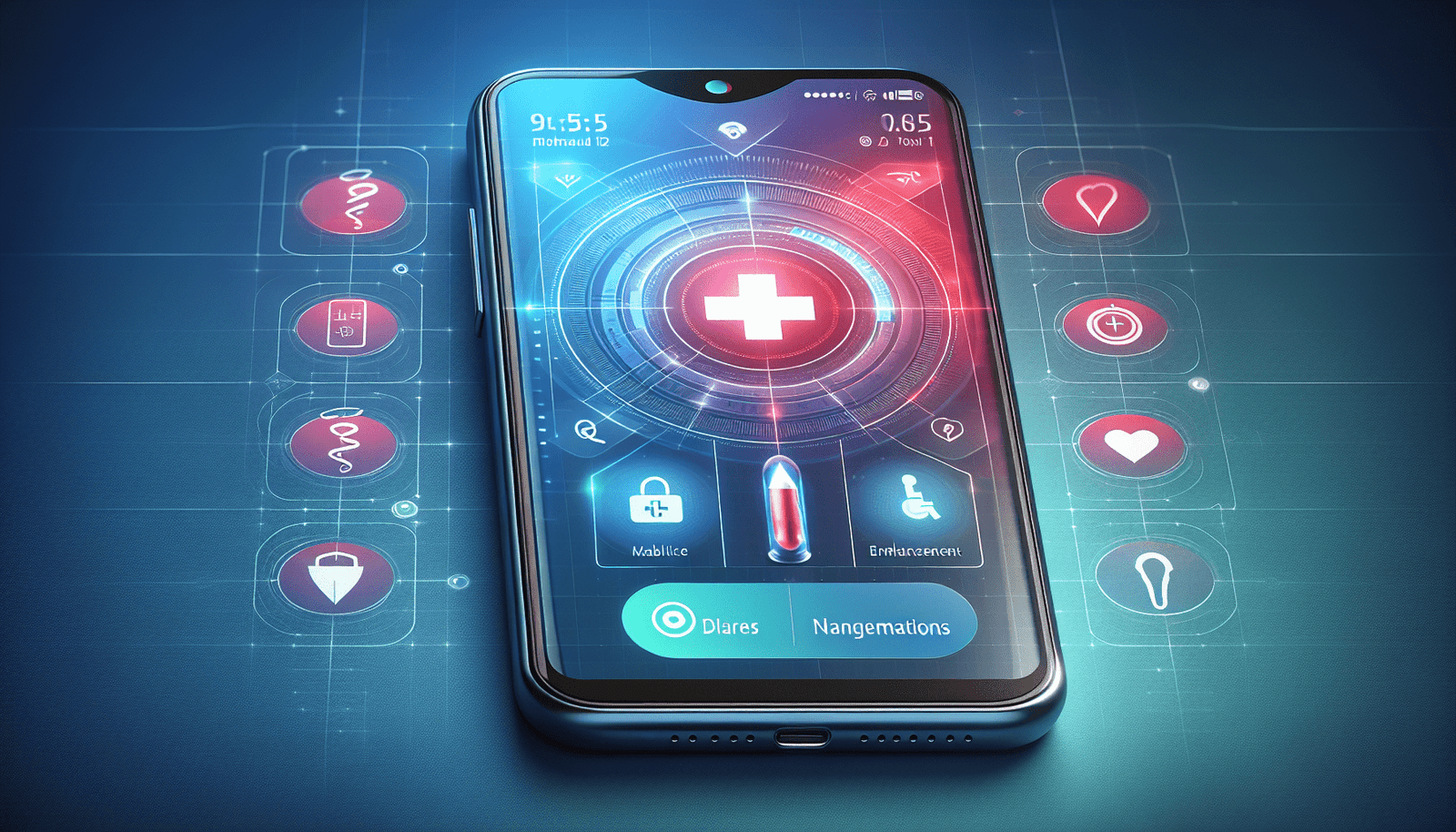Did you know that mobile apps can play a significant role in improving patient engagement in healthcare? In this article, we will explore how mobile app marketing strategies can enhance patient engagement and provide better healthcare outcomes for both patients and providers. Let’s dive right in and see how you can leverage mobile apps to improve patient engagement in the ever-evolving healthcare landscape.
Understanding Patient Engagement in Healthcare
Patient engagement is more than just a buzzword in healthcare – it’s a critical factor in delivering high-quality, patient-centered care. By actively involving patients in their own care and treatment plans, healthcare providers can improve patient outcomes, reduce healthcare costs, and enhance overall patient satisfaction.
What is Patient Engagement?
Patient engagement refers to the involvement of patients in their own healthcare journey. This includes actively participating in decision-making processes, adhering to treatment plans, and effectively communicating with healthcare providers. Engaged patients are more likely to follow medical advice, take proactive steps to manage their health, and ultimately achieve better health outcomes.
The Benefits of Patient Engagement
When patients are engaged in their healthcare, numerous benefits can be realized for both patients and healthcare providers. These benefits include:
- Improved health outcomes
- Reduced hospital readmission rates
- Better medication adherence
- Enhanced patient satisfaction
- Lower healthcare costs
By fostering patient engagement, healthcare providers can establish stronger relationships with patients, leading to improved overall healthcare experiences and outcomes.

The Role of Mobile Apps in Healthcare
Mobile apps have become an integral part of our daily lives, offering convenience, accessibility, and connectivity at our fingertips. In healthcare, mobile apps can be powerful tools for engaging patients, improving communication, and enhancing healthcare delivery.
Benefits of Using Mobile Apps in Healthcare
Mobile apps offer several advantages for both patients and healthcare providers, including:
- Access to health information anytime, anywhere
- Electronic health record (EHR) management
- Appointment scheduling and reminders
- Medication tracking and reminders
- Remote monitoring of health metrics
- Telemedicine services
These features can empower patients to take control of their health and facilitate seamless communication with their healthcare providers, ultimately leading to better healthcare outcomes.
Challenges of Using Mobile Apps in Healthcare
While mobile apps have the potential to revolutionize healthcare delivery, there are challenges that need to be addressed to maximize their effectiveness. Some common challenges of using mobile apps in healthcare include:
- Ensuring data privacy and security
- Integration with existing healthcare systems
- Engaging patients with diverse health literacy levels
- Providing technical support for app users
- Maintaining app relevance and usability over time
By understanding and addressing these challenges, healthcare providers can successfully leverage mobile apps to improve patient engagement and optimize healthcare delivery.

Mobile App Marketing Strategies for Patient Engagement
Effective mobile app marketing is essential for ensuring that patients are aware of and engaged with healthcare apps. By implementing targeted marketing strategies, healthcare providers can increase app adoption rates, enhance patient engagement, and ultimately improve healthcare outcomes.
Targeted Marketing Campaigns
To promote patient engagement through mobile apps, healthcare providers should develop targeted marketing campaigns that reach the right audience at the right time. This can include:
- Utilizing social media platforms to raise awareness
- Partnering with healthcare influencers or organizations for promotion
- Leveraging email marketing to communicate with patients
- Incorporating app promotion in patient education materials and communications
By tailoring marketing campaigns to the specific needs and preferences of patients, healthcare providers can effectively promote mobile app adoption and increase patient engagement.
In-App Messaging and Notifications
In-app messaging and notifications are powerful tools for engaging and retaining app users. By sending personalized messages, reminders, and alerts, healthcare providers can keep patients informed and engaged with their healthcare journey.
Some effective in-app messaging strategies include:
- Sending medication reminders to improve adherence
- Providing tips and information related to patients’ health conditions
- Notifying patients of upcoming appointments or tests
- Encouraging patients to track their health metrics and progress
By leveraging in-app messaging and notifications, healthcare providers can reinforce patient engagement, drive positive behavior changes, and improve health outcomes.
Data-Driven Personalization
Personalization is key to engaging patients through mobile apps. By leveraging data analytics and patient insights, healthcare providers can deliver personalized experiences that resonate with patients and drive engagement.
Some ways to personalize patient experiences in mobile apps include:
- Tailoring content and features based on patient’s health goals and preferences
- Providing personalized health recommendations and resources
- Using patient feedback to improve app usability and relevance
- Sending targeted messages and offers based on patients’ engagement levels
By harnessing the power of data-driven personalization, healthcare providers can create meaningful connections with patients, encourage active participation in their health, and ultimately improve patient outcomes.

Leveraging Mobile Apps for Patient Education and Empowerment
Patient education is a crucial component of patient engagement in healthcare. By providing valuable health information, resources, and tools through mobile apps, healthcare providers can empower patients to make informed decisions about their health and wellness.
Health Information and Resources
Mobile apps can serve as valuable platforms for delivering educational content and resources to patients. By providing access to reliable health information, treatment guidelines, and wellness tips, healthcare providers can help patients better understand their health conditions and make informed decisions about their care.
Some ways to leverage mobile apps for patient education include:
- Sharing articles, videos, and infographics on relevant health topics
- Providing links to reputable health websites and resources
- Offering interactive tools for symptom tracking, self-assessment, and decision-making
- Sending alerts and notifications for health screenings, vaccinations, and preventive care
By empowering patients with knowledge and resources through mobile apps, healthcare providers can enhance patient education, promote self-management of health conditions, and improve overall health outcomes.
Remote Monitoring and Telemedicine Services
Remote monitoring and telemedicine services are increasingly important in healthcare, especially in light of the COVID-19 pandemic. By integrating remote monitoring tools and telemedicine services into mobile apps, healthcare providers can offer convenient and accessible care to patients, regardless of their location.
Some benefits of remote monitoring and telemedicine services through mobile apps include:
- Monitoring of vital signs, health metrics, and adherence to treatment plans
- Virtual consultations with healthcare providers for non-emergency care
- Remote diagnosis and management of chronic conditions
- Prescription refills and medication management through telehealth platforms
By leveraging remote monitoring and telemedicine services in mobile apps, healthcare providers can improve access to care, enhance patient convenience, and promote continuity of care for patients.

Measuring Success and Improving Patient Engagement
To ensure the effectiveness of mobile app marketing strategies in improving patient engagement, healthcare providers should track key performance indicators (KPIs) and continuously optimize their approaches. By measuring success metrics and making data-driven adjustments, providers can enhance patient engagement, drive positive health outcomes, and ultimately improve the quality of care.
Key Performance Indicators for Patient Engagement
Some common KPIs for measuring patient engagement through mobile apps include:
- App downloads and registrations
- User engagement metrics (e.g., time spent in-app, frequency of app use)
- Patient feedback and satisfaction ratings
- Health outcomes and behavior changes
- Healthcare utilization and cost savings
By tracking these KPIs, healthcare providers can gauge the effectiveness of their mobile app marketing strategies, identify areas for improvement, and make data-driven decisions to enhance patient engagement.
Continuous Improvement and Optimization
Continuous improvement is essential for maximizing the impact of mobile apps on patient engagement. By analyzing performance data, gathering patient feedback, and testing new strategies, healthcare providers can continuously optimize their mobile app marketing efforts to drive better outcomes for patients and providers.
Some strategies for continuous improvement and optimization include:
- A/B testing different marketing messages and strategies
- Soliciting feedback from app users through surveys and focus groups
- Monitoring app performance and user behavior analytics
- Collaborating with cross-functional teams to identify areas for improvement
- Implementing feedback-driven updates and enhancements to the app
By embracing a culture of continuous improvement and optimization, healthcare providers can ensure that their mobile app marketing strategies are effective, sustainable, and aligned with the evolving needs of patients and the healthcare industry.

Conclusion
Patient engagement is a critical component of high-quality healthcare delivery, and mobile apps can be powerful tools for enhancing patient engagement and promoting better health outcomes. By leveraging targeted mobile app marketing strategies, healthcare providers can effectively engage patients, deliver personalized care experiences, and drive positive behavior changes.
Incorporating patient education, remote monitoring, and telemedicine services into mobile apps can further empower patients to take control of their health and wellness. By measuring success metrics, continuously optimizing strategies, and prioritizing patient feedback, healthcare providers can maximize the impact of mobile apps on patient engagement and ultimately improve the quality of care for all stakeholders.
In the ever-evolving healthcare landscape, mobile app marketing offers endless opportunities to connect with patients, deliver meaningful care experiences, and drive positive health outcomes. By embracing innovation, patient-centered approaches, and data-driven strategies, healthcare providers can transform patient engagement and deliver better healthcare for all.
Now, armed with the knowledge and insights from this article, you are well-equipped to leverage mobile apps for patient engagement in healthcare. Remember, patient engagement is a journey, and mobile apps are powerful allies in empowering patients, promoting better health outcomes, and shaping the future of healthcare delivery. Happy app marketing, and here’s to a healthier, more engaged patient population!

